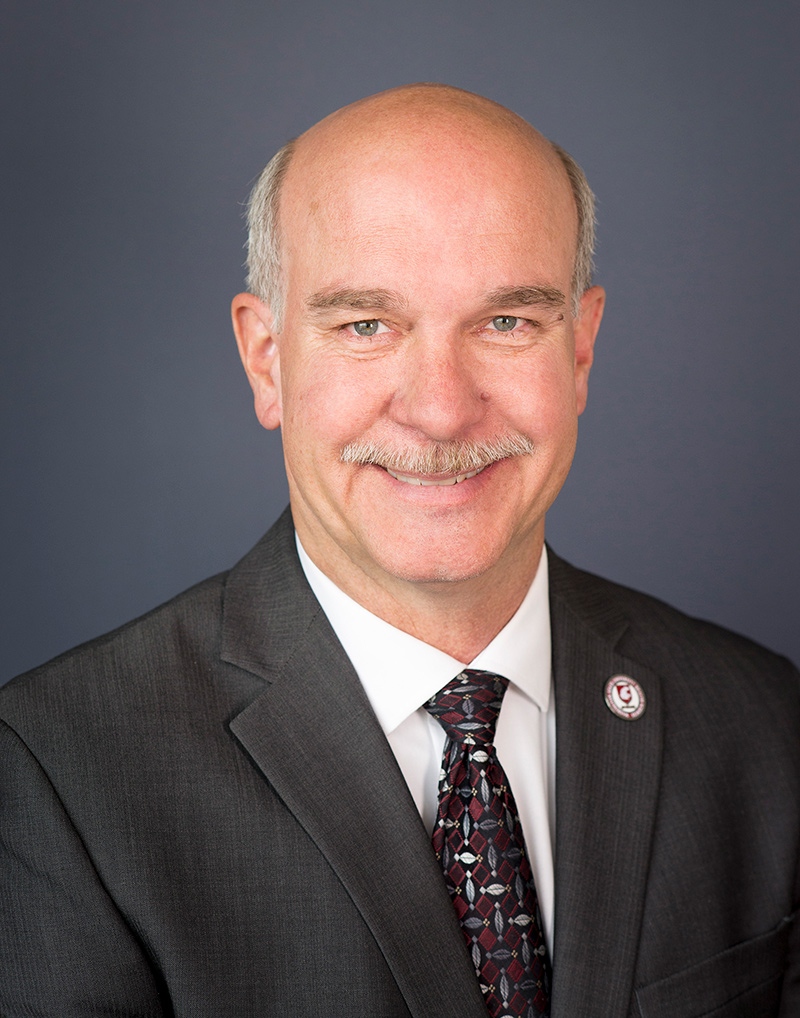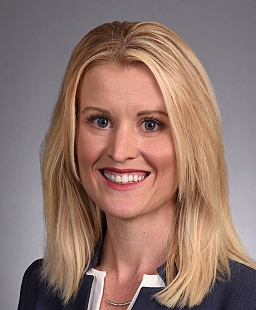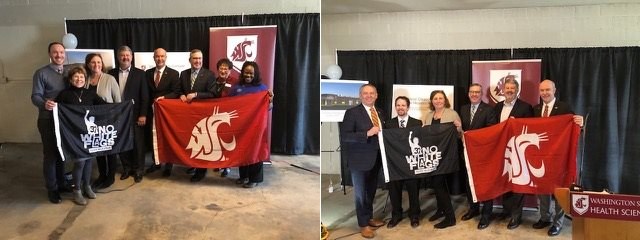The Health Sciences and Services Authority (HSSA) of Spokane County has announced its annual “Access to Care” grant competition for non-profit and other organizations is open for 2020 grants. This grant competition seeks applicants who provide innovative and efficient health service delivery that increases access to health care for at risk populations.
The HSSA 2020 Access to Care Grant Competition will award up to $300,000 for one or more grants that durably increase the efficiency and efficacy of health delivery in Spokane County that measurably increases access to care for certain populations.
“HSSA’s mission is to invest in life and health sciences research and infrastructure to promote economic development and growth,” said Nancy L. Isserlis, Board Chair. “HSSA also invests in Access to Care grants to promote public health, which is this annual grant competition, and we have committed $2.5 million to these programs to date,” she said.
Here are key dates related to HSSA’s 2020 Access to Care grants:
RFP posted at: September 9, 2019
Letter of Intent due by 12 noon: September 30, 2019
Final Proposal due by 4PM: October 31, 2019
Awards Announced: December 20, 2019
Past recipients have included a successful program by Catholic Charities’ and the Empire Health Foundation called “Rising Strong”; Partners with Families and Children; Volunteers of America’s “Hot Spotters”; Spokane Prescription Assistance Network; Spokane Neighborhood Action Plan; Priority Spokane; Northeast Community Center’s Medical and Dental operations and youth counseling; Pioneer Human Services; YWCA mental health initiative, Providence Dental NE operatories, and others.
Applicants should submit a Letter of Intent (LOI) on the HSSA website at www.hssaspokane.orgunder the Grants tab. HSSA will provide a link to successful Applicants to use to submit a Final Proposal. HSSA will coordinate with Applicants directly, if required. If the LOI is selected, a Final Proposal would be due by October 25, 2019. In this Final Proposal, Applicants who have previously been funded by HSSA should list positive major outcomes from previous grants.
HSSA is credited with bringing $35 million in extramural grants to the Spokane region as every $1 of National Institutes for Health (NIH) funding accounts for another $1, creating $70 million alone by 2019 in economic activity. HSSA has invested about $5.8 million in research and infrastructure grants, and over $2.5 million in Access to Care grants, for a total direct investment of $8 million. The organization has contributed to date well over $100 million, an exciting return on investment.
###
About HSSA:
The Health Sciences & Services Authority (HSSA) of Spokane Countywas established in 2007 for 15 years by the Washington legislature, authorized county-wide by Spokane County in 2008 and began operating in 2009. It was reauthorized by the Washington State Legislature in 2019 for an additional 15 years. Its mission is to invest in health sciences research to promote economic development, advance new therapies and procedures to combat disease, and to promote public health. HSSA invests funds to create and support a nationally competitive health sciences research cluster in Spokane County, and works to catalyze higher education research and the health sciences industry that will lead to higher wage jobs, long-term sustainability and economic diversification. For more information, visit our website at www.hssaspokane.orgor call 509.474.0798.
About Our Board:
Nancy Isserlis, Attorney, Winston & Cashatt and HSSA Board Chair; Michael Wilson, Consultant and HSSA Grants Committee Chair; Jason Thackston, Senior Vice President of Energy Resources, Avista Corp. and HSSA Finance Committee Chair; Ph.; Scott Gordon, Ph.D. Provost, Eastern Washington University; Kevin Oldenburg, Ph.D., President, 2ndSight Bioscience; Darryl Potyk, M.D., UW/GU Regional Director of Medical Education; David J. Vachon, Ph.D., CEO/Founder, Iasis Molecular Sciences/Novion Technologies, and Dr. Francisco Velàzquez, former President & CEO, PAML and PAML Ventures.
 Daryll DeWald, Ph.D. was appointed by Governor Jay Inslee to serve a four-year term. Dr. DeWald is the Vice President of Washington State University (WSU) Health Sciences and Chancellor of WSU Health Sciences Spokane. He leads development of WSU’s rapidly growing, world-class center for health sciences education and research. DeWald joined WSU Health Sciences Spokane in September 2017 as its fourth chancellor and was named vice president for WSU’s statewide health sciences efforts in July 2019. An experienced academic leader and a successful life sciences researcher, DeWald is passionate about higher education and providing avenues for students, faculty, and staff to succeed. He oversees a downtown campus that is highly connected to Spokane’s medical community and central to Spokane’s urban growth and sustainability.
Daryll DeWald, Ph.D. was appointed by Governor Jay Inslee to serve a four-year term. Dr. DeWald is the Vice President of Washington State University (WSU) Health Sciences and Chancellor of WSU Health Sciences Spokane. He leads development of WSU’s rapidly growing, world-class center for health sciences education and research. DeWald joined WSU Health Sciences Spokane in September 2017 as its fourth chancellor and was named vice president for WSU’s statewide health sciences efforts in July 2019. An experienced academic leader and a successful life sciences researcher, DeWald is passionate about higher education and providing avenues for students, faculty, and staff to succeed. He oversees a downtown campus that is highly connected to Spokane’s medical community and central to Spokane’s urban growth and sustainability. Allison M. Glasunow, Ph.D. J.D., was appointed by the Spokane Board of County Commissioners to also serve a four-year term. Allison is an attorney with Perkins Coie and provides strategic patent counsel to large, mid and small-cap companies, start-ups, entrepreneurs, investors (venture capital, angel etc.), universities and research institutes in the life sciences and biotechnology industries. Dr. Glasunow’s practice spans the Inland Northwest, Pacific Northwest, Bay Area, across the United States and internationally. She provides strategic counseling and advising, due diligence, invalidity, analysis, competitive intelligence, patent application preparation and prosecution, and litigation support to Perkins Coie clients.
Allison M. Glasunow, Ph.D. J.D., was appointed by the Spokane Board of County Commissioners to also serve a four-year term. Allison is an attorney with Perkins Coie and provides strategic patent counsel to large, mid and small-cap companies, start-ups, entrepreneurs, investors (venture capital, angel etc.), universities and research institutes in the life sciences and biotechnology industries. Dr. Glasunow’s practice spans the Inland Northwest, Pacific Northwest, Bay Area, across the United States and internationally. She provides strategic counseling and advising, due diligence, invalidity, analysis, competitive intelligence, patent application preparation and prosecution, and litigation support to Perkins Coie clients.